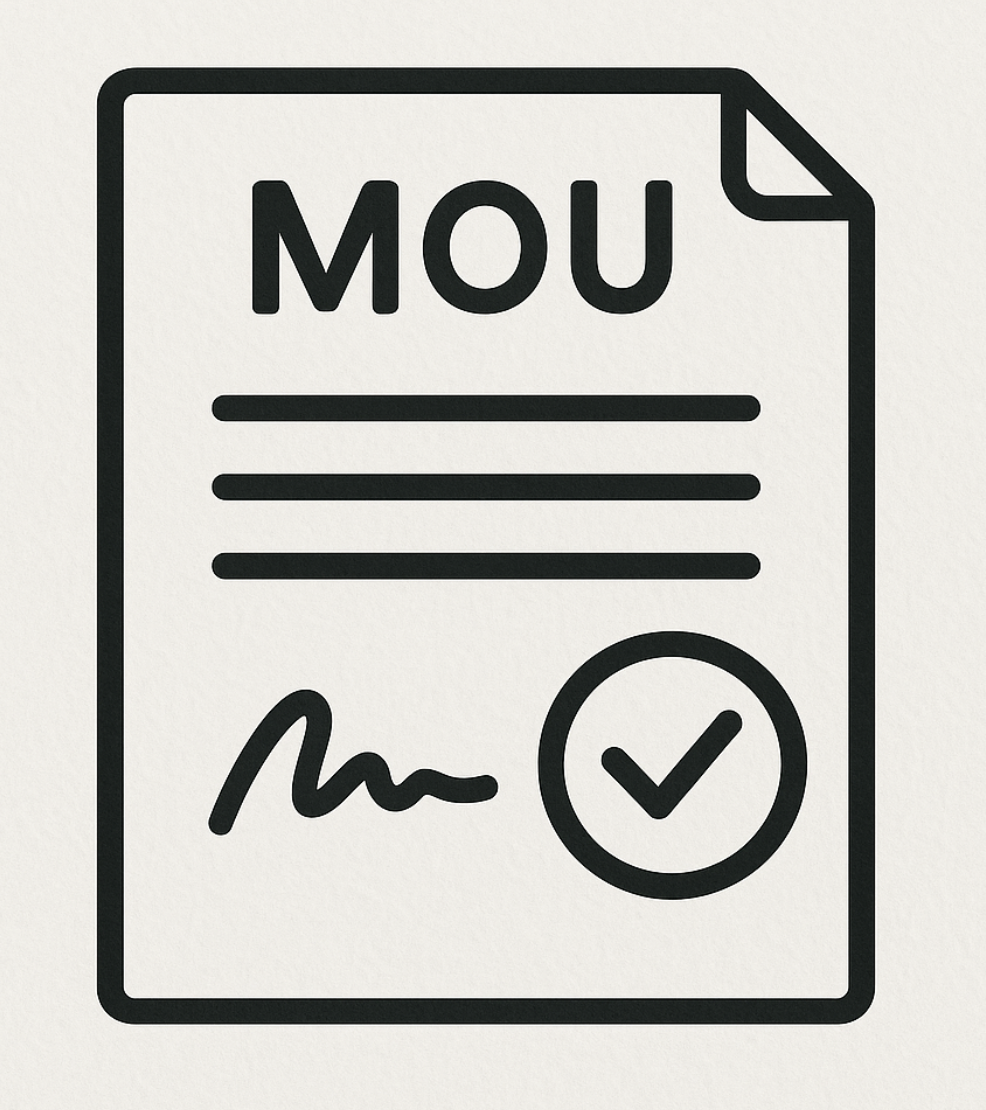TINJAUAN AZ ZARNUJI TERKAIT RELEVANSI KEWAJIBAN DAN HAK SISWA DALAM KONTEKS PENDIDIKAN MODERN
DOI:
https://doi.org/10.18592/jtipai.v14i1.12628Abstract
This study aims to examine Imam Az-Zarnuji's views on the obligations and rights of students in the context of the book "Ta'lim Muta'allim" and evaluate its relevance in modern education. The main focus of this research is to understand how traditional Islamic education principles can be applied to overcome the challenges faced in the contemporary education system. The research method used is an in-depth literature review method to collect and analyze data through qualitative text analysis, where the main data is obtained from an in-depth reading of the book "Ta'lim Muta'allim" and is complemented by secondary data from relevant literature. The analysis process involves identifying key themes, such as sincere learning intentions, manners and ethics, consistency in learning, and the right to a fair and inclusive education. The results of the study show that the principles proposed by Az-Zarnuji, such as the importance of sincere intention in pursuing knowledge, respect for teachers, and diligent effort, have strong relevance to modern educational values that emphasize character development and intrinsic motivation. The novelty of this research lies in the interdisciplinary approach that connects the concept of traditional Islamic education with modern educational practices and theories, which has not been widely discussed in previous studies. Thus, this research makes a significant contribution in understanding how the integration between traditional and modern education can improve the quality of education and holistic student development. Keywords: Obligations; Rights; Student; Ta'lim Muta'allim.References
A. Rosmiaty Aziz. Imu Pendidikan Islam. Yogyakarta: Penerbit Sibuku, 2016.
Arisnaini. “Kebersihan Kelas Dan Pengaruhnya Terhadap Fokus Belajar Siswa Pada MIN 7 Banda Aceh.” Serambi Akademica Jurnal Pendidikan, Sains, Dan Humaniora X, no. 11 (2022): 1107–14.
Bunyamin. BELAJAR DAN PEMBELAJARAN (Konsep Dasar, Inovasi, Dan Teori). Jakarta: Uhamka Press, 2021.
Damayanti, Linda, Salsabila Saragih, and Trisna Pratiwi Hasibuan. “Hakikat Peserta Didik Dalam Perspektif Filsafat Pendidikan Islam” 3, no. 3 (2023).
Drajat, Zakiah. Ilmu Pendidikan Islam. Jakarta: Bumi Aksara, 2020.
Eka. “Pembelajaran Yang Inklusif: Menyambut Semua Siswa Dengan Kesetaraan Dan Penerimaan - Guruinovatif.Id: Platform Online Learning Bersertifikat Untuk Guru.” Guru Inovatif.Id, 2023. https://guruinovatif.id/artikel/pembelajaran-yang-inklusif-menyambut-semua-siswa-dengan-kesetaraan-dan-penerimaan.
Farah, Arriani. Panduan Pendidikan Inklusif. Plt. Kepala Pusat Kurikulum Dan Pembelajaran Badan Standar, Kurikulum, Dan Asesmen Pendidikan Kementerian Pendidikan Kementerian Pendidikan, Kebudayaan, Riset, Dan Teknologi. BADAN STANDAR, KURIKULUM, DAN ASESMEN PENDIDIKAN KEMENTERIAN PENDIDIKAN, KEBUDAYAAN, RISET, DAN TEKNOLOGI REPUBLIK INDONESIA, 2022. https://kurikulum.kemdikbud.go.id/wp-content/uploads/2022/08/Panduan-Pelaksanaan-Pendidikan-Inklusif.pdf.
Gumati, Redmon Windu. “Hak Serta Kewajban Peserta Didik Menurut Sistem Pendidikan Islam Dan Sisteam Pendidikan Nasional.” Academia, 2024.
Harahap, Musaddad. “Esensi Peserta Didik Dalam Perspektif Pendidikan Islam” 1, no. 113 (2016): 140–55.
Hidayat, Rahmat, and Abdillah. Ilmu Pendidikan (Konsep, Teori Dan Aplikasinya). Medan: Lembaga Peduli Pengembangan Pendidikan Indonesia (LPPPI), 2019.
Jalaludin, Muhammad, Dikha Puspitasai Zakiyya, and Shelli Zein. “Pentingnya Orang Tua Dan Guru Bersinergi Dalam Membangun Minat Belajar Dan Motivasi Belajar Siswa SDN 02 Desa Cikalong.” Proceedings, Uin Sunan Gunung Djati Bandung 3, no. 7 (2023): 46–57.
Junaedi, Junaedi, Abdul Wahab, and Muh. Aidil Sudarmono. “Proses Dan Prinsip Pengembangan Kurikulum Pendidikan Guru Madrasah Ibtidaiyah.” Edukatif : Jurnal Ilmu Pendidikan 3, no. 2 (2021): 278–87. https://doi.org/10.31004/edukatif.v3i2.278.
Kertamuda, Fatchiah. “Pendekatan Personal Seorang Pendidik – Paramadina Public Policy Institute.” Paramadina Public Policy Institute, 2015. https://policy.paramadina.ac.id/pendekatan-personal-seorang-pendidik/.
Khadijah. Belajar Dan Pembelajaran. Medan: Citapustaka Media, 2013.
Lidwa.com. “Ensiklopedi Hadits,” 2024.
———. “Shahih Bukhari.” Hadits9 Imam, no. d (2010): 1–3314.
M. Fathu Lillah. Ta’lim Mutta’alim. Kediri: Santri Salaf Press, 2015.
———. Terjemah Ta’im Muta’alm. Kediri: Santri Salaf Press, 2015.
Nawawi, Imam. Adabul ’Alim Wal Muta’allim (Terjemah). Yogyakarta: DIVA Press, 2018.
Noer, Muhammad Ali, and Azin Sarumpaet. “Konsep Adab Peserta Didik Dalam Pembelajaran Menurut Az-Zarnuji Dan Implikasinya Terhadap Pendidikan Karakter Di Indonesia.” Al-Hikmah: Jurnal Agama Dan Ilmu Pengetahuan 14, no. 2 (2017): 181–208. https://doi.org/10.25299/al-hikmah:jaip.2017.vol14(2).1028.
Ramayulis. Ilmu Pendidikan Islam. Jakarta: Penerbit Kalam Mulia, 2019.
Resya, Kusuma Ningtyas Pramita. “Pengaruh Konsistensi Diri Siswa Terhadap Prestasi Belajar Matematika Siswa Kelas XI IPA SMA Negeri 1 Pangkah Kabupaten Tegal.” JagoMIPA: Jurnal Pendidikan Matematika Dan IPA 1, no. 2 (2021): 113–23. https://doi.org/10.53299/jagomipa.v1i2.69.
Sopian, Ahmad. “Tugas, Peran, Dan Fungsi Guru Dalam Pendidikan.” RAUDHAH (Jurnal Tarbiyah Islamiyah) 1 (2016): 88–97.
Sugiyono. Metode Penelitian, Kuantitatif, Kualitatif, Dan R&D. Bandung: Bandung : CV. Alfabeta, 2017.
Trinoval, Zulvia, Rahmita Sari, and Nini. “Motivasi Intrinsik Dan Ekstrinsik Dalam Meningkatkan Aktivitas Belajar Peserta Didik Bidang Studi Quran Hadis Di MAN Lubuk Alung Kabupaten Padang Pariaman.” Jurnal Tarbiyah Islamiyah: Jurnal Ilmiah Pendidikan Agama Islam 8, no. 1 (2018): 1–17.
Wuju, Wilibertus, and M. Tommy Fimi Putra. “Hubungan Antara Guru Dan Siswa Dalam Meningkatkan Proses Belajar Mengajar Siswa Kelas XII-IPS III SMA Negeri 9 Samarinda Tahun Pelajaran 2018/2019.” Cendekia (Jurnal Pendidikan Dan Pengajaran) Ikip Pgri Kalimantan Timur 4, no. 2 (2020): 14.
Zarnuji, Imam Burhanuddin Az. Ta’lim Muta’alim. Jakarta: Darul ’Amiyyah, 2018.
Downloads
Published
How to Cite
Issue
Section
License
Copyright (c) 2024 Tri Yugo YugoAuthors who publish with this journal agree to the following terms:
- Authors retain copyright and grant the journal right of first publication with the work simultaneously licensed under a Creative Commons Attribution License that allows others to share the work with an acknowledgement of the work's authorship and initial publication in this journal.
- Authors are able to enter into separate, additional contractual arrangements for the non-exclusive distribution of the journal's published version of the work (e.g., post it to an institutional repository or publish it in a book), with an acknowledgement of its initial publication in this journal.
- Authors are permitted and encouraged to post their work online (e.g., in institutional repositories or on their website) prior to and during the submission process, as it can lead to productive exchanges, as well as earlier and greater citation of published work.










